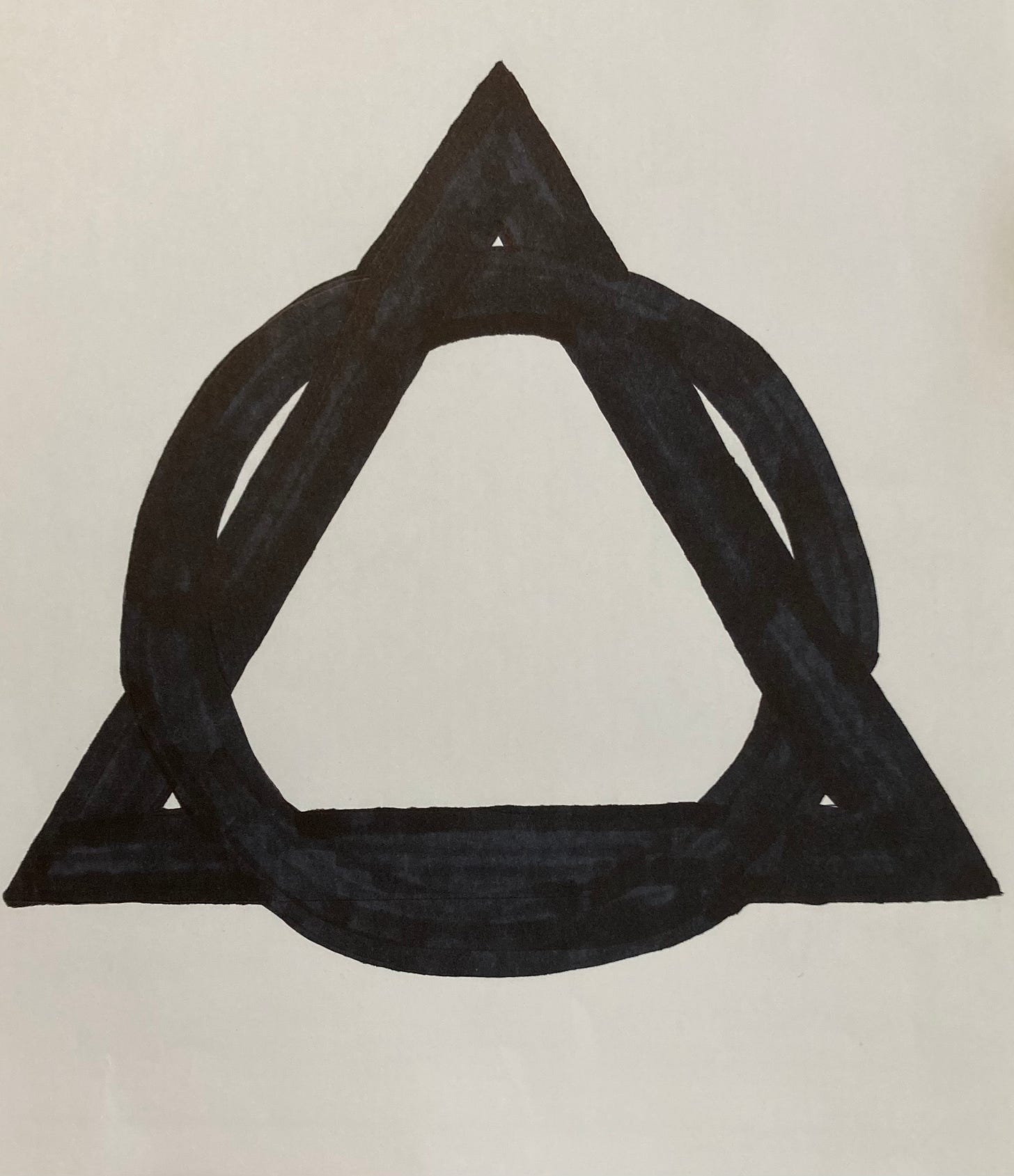
Even the less fortunate are your neighbors.
Did you notice that most of the large denominations spoke on the parable of the good Samaritan last week? There is guide, or lectionary, that many use to help them plan lessons. There is nothing wrong with using the lectionaries. It can be challenging to create over 100 messages a year. You do run the risk of having the same basic message as everyone else when you do that.
The story of the Good Samaritan is found in the book of Luke chapter 10, verses 30-35. A man familiar with the Law of Moses was questioning Jesus. He asked Him to explain who the Law was talking about when it said, “Love thy neighbor?” Jesus responded with a parable.
30: And Jesus answering said, A certain man went down from Jerusalem to Jericho, and fell among thieves, which stripped him of his raiment, and wounded him, and departed, leaving him half dead.
31: And by chance there came down a certain Priest that way; and when he saw him he passed by the other side.
32: And likewise a Levite, when he was at the place, came and looked on him, and passed by on the other side.
33: But a certain Samaritan, as he journeyed, came where he was, and when he saw him, he had compassion on him.
So, a priest came along. Instead of helping the injured man, he crossed over to the other side of the street and continued on his way. Then a Levite came upon the injured man. The Levite looked at the man, and he, too, crossed over to the other side of the street, and left him to die.
Then, in Luke 10:33 we learn about the Samaritan.
Luke 10:33 But a certain Samaritan, as he journeyed, came where he was: and when he saw him, he had compassion on him.
The Samaritans and the Jews were enemies. We’ve discussed before that when Jesus uses the word “enemy” He doesn’t mean someone trying to take your job. In these contexts it means someone, a tribe, or a race that you hate so much you will fight to the death, or war with to destroy.
Yes, this “certain Samaritan” administered first aid, took the Jew to an inn, and paid the innkeeper to take care of him. What we don’t hear is how the Jewish man felt about it. The Jewish man owes his life to someone he was raised to believe was his enemy.
It is at this point when most pastors, or leaders, recounting the story, lecture on how we treat the less fortunate, the struggling, and people we just generally don’t like. We are expected to treat everyone as our neighbor. What about the Jewish man?
If you were the Jewish man, raised to hate the Samaritan, and you woke in an inn to find out your enemy saved your life, covered the cost of your room and board for several nights, what would be your first thought?
You have no problem donating to the poor, feeding the hungry, or helping heal the wounded. How well do you accept help from them?
Let’s say you are walking in a rough part of town. The reason you are there doesn’t matter. As you make your way back to your vehicle you step off the curb and twist your ankle. Your phone hit the pavement and bounced into the street. It is getting near dark, and you are in pain.
From behind you a soft voice asks, “Do you need some help?”
You turn to see a woman, small, aging, with all the visible clues of a troubled life. Her hair is unkempt, her clothes ragged, and she reeks of urine. What do you do? Do you, in your arrogance, thank her and turn down her offer? Or, do you humble yourself and accept?
The parable of the Good Samaritan isn’t just about helping others, it is also about accepting help from others.
The Lord tells us to love our neighbors. Full stop. We must love them when we offer help, and we must love them and accept their help.

Robin A Holstein is proprietor of Holstein House Bed and Breakfast, in Diamond, WV. She is a licensed minister, and life coach through Christian Leaders Alliance. She holds a BS in Business. Robin was awarded an honorary doctor of divinity degree from Universal Life Church. She is a contributing columnist on spirituality for Two Lane Renaissance. You may reach her at robin [at] robinholstein.com












